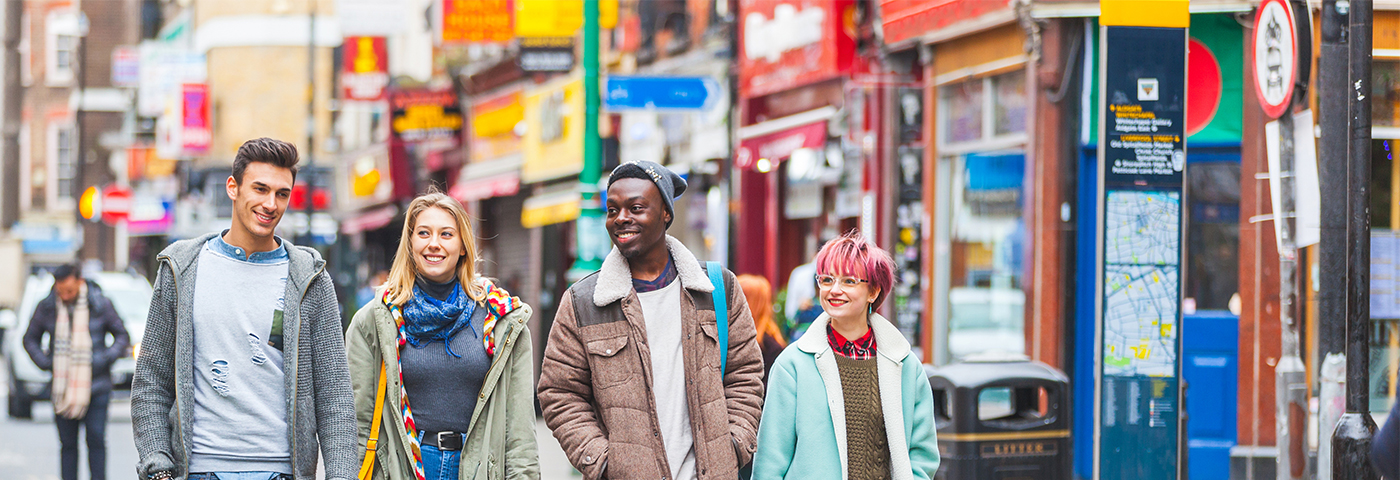Industry leaders are discussing why ‘Transformative Travel’ will be the travel trend of 2017 after Vogue released this article in January. While 2016 was all about experiential travel, this year that trend is “taken a step further—it’s travel motivated and defined by a shift in perspective, self-reflection and development, and a deeper communion with nature and culture.”
This apparent trend was given some data to back it up with the publication last month of research into the key motivations of adventure travellers. According to the Adventure Travel Trade Association (ATTA) along with East Carolina University: Research reveals adventure travellers primarily motivated by transformation.
Admittedly, the same research also reveals that the most popular activities for adventure travellers are trekking, hiking and backpacking, followed by the likes of mountain biking, diving and camping. In other words, just as one would expect, except that now the demands of the adventure traveller on his hosts are not just to be excited or challenged, but to be transformed. On one of my more cynical days, I would say that such demand for transformation risks becoming as much an expression of an ever-more self-absorbed, entitled culture as it does being a sign of greater empathy and care for one another and the environment.
I’m not alone in harbouring such doubts. Founder of Conscious Travel, Anna Pollock, wrote a typically insightful article on Transformative Travel – another trend or the real deal recently. She expressed concern that if “transformative and transformational become another set of empty words like sustainability, authentic, eco and immersive – recent arrivals in marketers’ shiny new lexicon – we are doomed to continue along our suicidal path called ‘business as usual’.”
She’s right. It is why, instead, I think the potential for real transformative travel is to be found in creating radically new ‘business as unusual’ ways of exploring the world.
‘Why wait for escape to exotic destinations when inspiration can be found on your own doorstep,’ asks the website of a young start up called Street Wisdom, which describes itself as nothing more or less than “a global social enterprise with a mission to bring inspiration to every street on earth.”
A friend of mine rose to the challenge a couple of weeks ago. He didn’t climb to Machu Picchu, or trek the Annapurna. He went on a three hour, very slow walk around the streets of Brixton in South London. His walk was ‘guided’ by a facilitator whom he returned to from time to time during his walk to engage in a few mindfulness-type exercises designed to help him see the world around him – one he knows very well, in more heightened, more attentive ways. He slowed down. He looked for patterns. All the while, he was told to ponder a question that was nagging him.
He came away with his question answered, feeling transformed. As have many, many others in more than 27 countries across the world since it was launched in London in late 2015. And now that my friend has experienced Street Wisdom once as a recipient, he is ‘qualified’ to be a volunteer facilitator, and to help spread the transformation far and wide.
The story of Street Wisdom’s success captures for me the challenge and opportunity for tourism seeking to become truly transformative. It is not about looking to design products that enable travellers to see even more beautiful, remote, pristine spaces. Nor is it about creating those that provide access to distant peoples and their cultures. It is about finding ways of opening people up and helping them shift their perspectives so they can see the world – all of it, even if it is just the street round the corner from their flat, to be beautiful, unusual, and meriting of curiosity and care.



My observation .. it’s great but there is no magic bullet for transformative to see it as the special way is to downplay every one else’s way….we at SUNx have also focused on the “joined up community” nexus for what we call Impact-Travel (pros/cons measured and balanced, green growth at the core and 2050 no carbon sensitive) … it’s not the only way either …and it’s climate resilience targeted. But it will help.